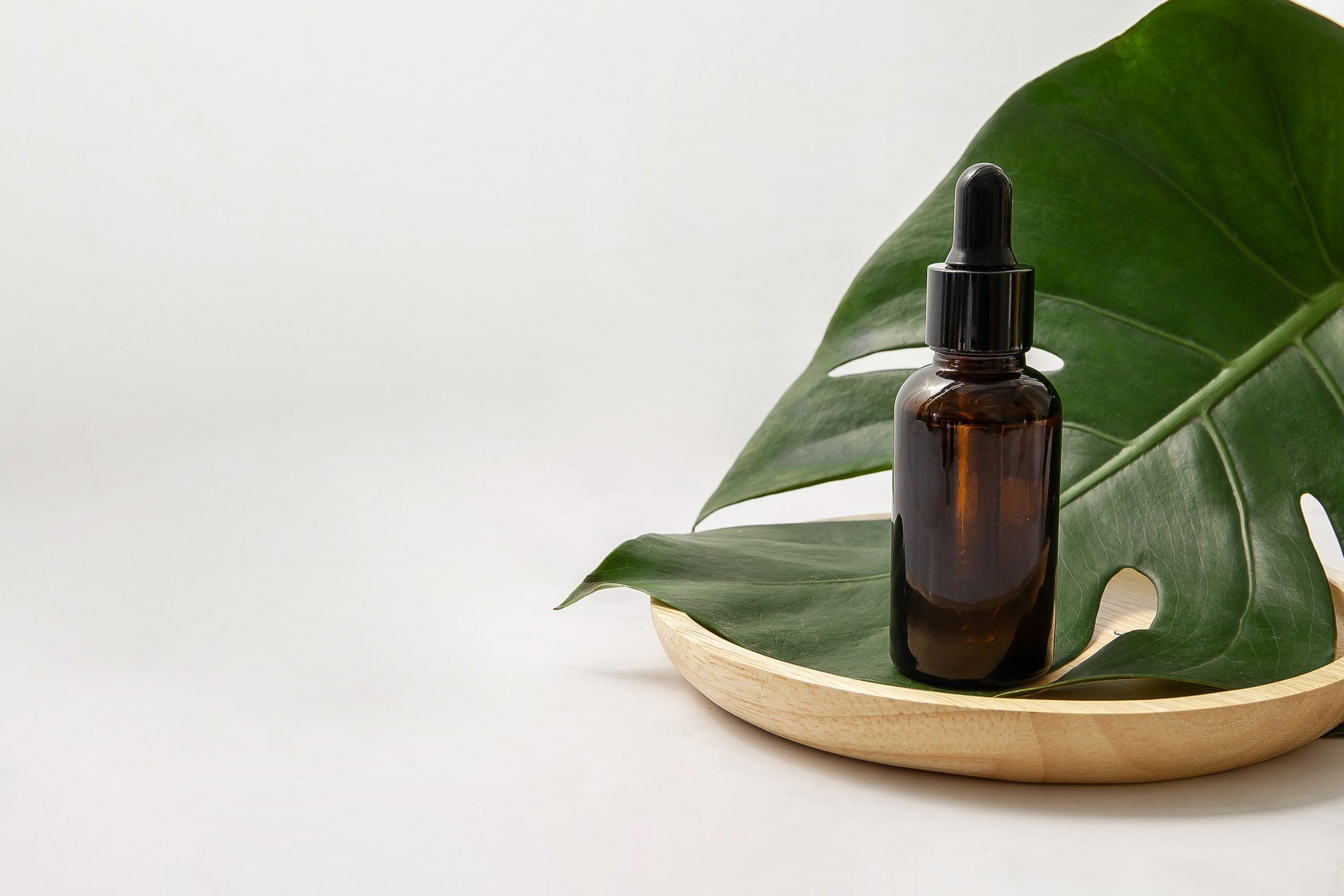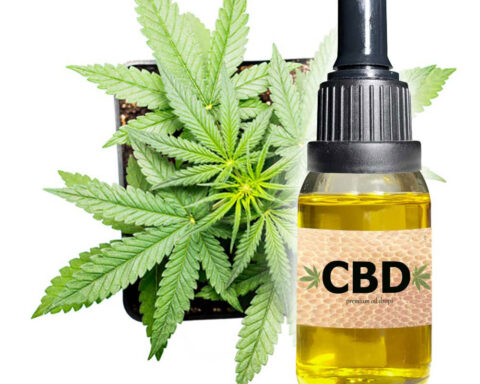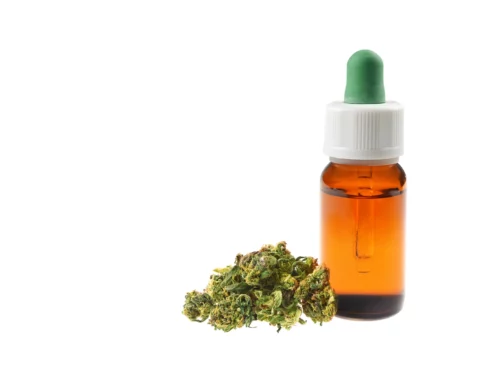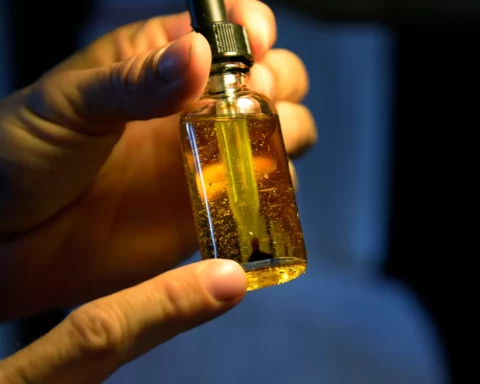Cbd oil has gained popularity due to its benefits. This article discusses CBD oil’s side effects, safety, and risks. You will also get to know CBD oil’s legality and its uses.
CBD also referred to as cannabidiol, is a cannabinoid found in the cannabis plant. The cannabis plant is divided into hemp and marijuana plants. However, the CBD-infused products come from the hemp plant. This is because the hemp plant contains less than 0.3 percent of THC, meaning that it cannot make you sedated. Another popular cannabinoid is THC, also known as tetrahydrocannabinol, which provides psychoactive effects, meaning it can get one high. CBD products include gummies, oils, lotions, and face masks. Most people are aware of the benefits that CBD Oil provides but it won’t hurt to know the risk it contains. However, most of our bodies tolerate CBD well; hence it is very rare to experience its side effects
Is CBD Oil Legal?
Most parts of the USA sell CBD Oil. However, the question of its legality is still confusing. This is because some states have restricted its use. The Farm Bill law was passed, making CBD oil federally legal since it is extracted from hemp. This means CBD oil is legal for use if it is extracted from the hemp plant. However, it is illegal if it is extracted from the marijuana plant.
CBD Oil Risks, Side Effects, and Its Safety
Like other medications, CBD oil can mostly contain some risks when it interacts with other drugs. The FDA has not regulated many CBD products. However, there are minimal tests done on them. It is impossible to know whether the CBD oil is safe for use or contains the contents listed on its packaging.
If you use CBD oil as a prescription drug, first talk to a doctor or physician. According to Hande & Karen (2019), when CBD oil is taken in large amounts, one may experience drowsiness, dry mouth, and a change in appetite. However, it is not a must for one to feel these effects since we have different body chemistry, meaning CBD interacts differently with various body types.
The Adverse Effects of CBD Oil
- Fertility reduction.
- Liver damage.
- Mood changes.
- Interference with your driving.
- Gastrointestinal problems.
However, these adverse effects are rare and are mostly experienced when people consume CBD oil in huge amounts.
Is CBD Oil Safe to Use During Pregnancy?
Scientists believe using cannabis products during pregnancy can affect the neuron development of the fetus. That is why the FDA has advised pregnant or breastfeeding people not to consume CBD oil.
Is CBD Oil Safe For Use?
Generally, CBD oil is safe to use when taken in the right amount. However, you should purchase your CBD oil from vendors who are well trusted since they provide high-quality CBD oils which are safe to be used. You should also avoid consuming too much CBD oil.
Types of CBD Oil
CBD oil is available in various forms: full-spectrum, broad-spectrum, and isolate.
- CBD Isolate only contains CBD compound.
- Broad Spectrum contains almost all the compounds of the cannabis plant, including terpenes and chlorophyll. However, it does not contain THC.
- Full-spectrum contains all the cannabis plant compounds, including THC. However, its THC levels are less than 0.3 percent.
Uses of CBD Oil
Relieves Anxiety
Since CBD interacts with serotonin, a compound that affects mental health, CBD oil can help manage anxiety. Studies have shown that one may be experiencing social anxiety when giving a speech; taking CBD oil may relieve you from anxiety and make you feel calm. CBD oil can also help reduce anxiety by relieving stress and managing sleep if you may be having a sleep-related disorder such as insomnia.
Addiction
If you are suffering from substance abuse disorder, taking CBD oil can help. CBD oil has been proven to treat opioid and cocaine users by helping with their addiction.
Experts have also suggested that CBD oil can help treat people depending on nicotine. Hover more research is required to support the said theory.
High Blood Pressure
CBD oil reduces heart attack disease risk since it helps lower blood pressure. Studies have also proven that CBD oil can be added as a complementary therapy for people whose high blood pressure is caused by stress and anxiety since CBD contains anti-anxiety properties.
Pain
CBD oil, when applied topically, can relieve pain. Atalay et al. (2020) suggested that this is because it contains anti-inflammatory properties, which reduce inflammation. If you have arthritis, chronic pain or even joint or muscle pain, CBD oil can help in reducing the pain associated with these diseases.
Acne
Acne is caused by inflammation. Petrosino et al. (2018) commented that since CBD oil contains anti-inflammatory properties, it can help in treating acne. Also, it helps control sebum oil production inside the sebaceous glands. The sebaceous glands produce sebum, which helps hydrate the skin. CBD oil can potentially lower the production of sebum oil; hence it cannot be overproduced since it can lead to acne.
Can CBD Oil Get You High?
CBD oil cannot get you high since it has small amounts of THC, less than 0.3%. According to Hazekamp et al. (2018), THC is a compound in the cannabis plant that is responsible for giving its users a high effect; hence it is non-intoxicating. Unlike THC products, CBD Oil only gives its users a calming effect.
Conclusion
Since more people are interested in CBD oil, more brands are producing it. However, you can avoid buying low-quality CBD oil from brands that produce them. Always confirm that the CBD Oil you have purchased has third-party lab test results, and the brand is well trusted. Since the FDA has not yet approved the use of CBD oil, you need to talk to your physician to find out whether CBD oil possesses any health risks to your body before deciding to purchase it. The good thing about CBD oil is that it is well tolerated by many people hence it rarely causes any side effects. Most people who tend to experience its side effects normally overdose on the oil. Therefore, you should consume the required amount.
References
Atalay, S., Jarocka-Karpowicz, I., & Skrzydlewska, E. (2020). Antioxidative and anti-inflammatory properties of cannabidiol. Antioxidants, 9(1), 21.
Hande, K. (2019). Cannabidiol: The need for more information about its potential benefits and side effects. Clinical Journal of Oncology Nursing, 23(2).
Hazekamp, A. (2018). The trouble with CBD oil. Medical cannabis and cannabinoids, 1(1), 65-72.
Petrosino, S., Verde, R., Vaia, M., Allarà, M., Iuvone, T., & Di Marzo, V. (2018). Anti-inflammatory properties of cannabidiol, a nonpsychotropic cannabinoid, in experimental allergic contact dermatitis. Journal of Pharmacology and Experimental Therapeutics, 365(3), 652-663.
- Learn to Enjoy Self-care Routine - September 21, 2023
- Jonathan Aufray’s Story - July 29, 2023
- From Public Housing To Ivy League: The Inspiring Journey of Crystaltharrell.com and its Founder - June 7, 2023









